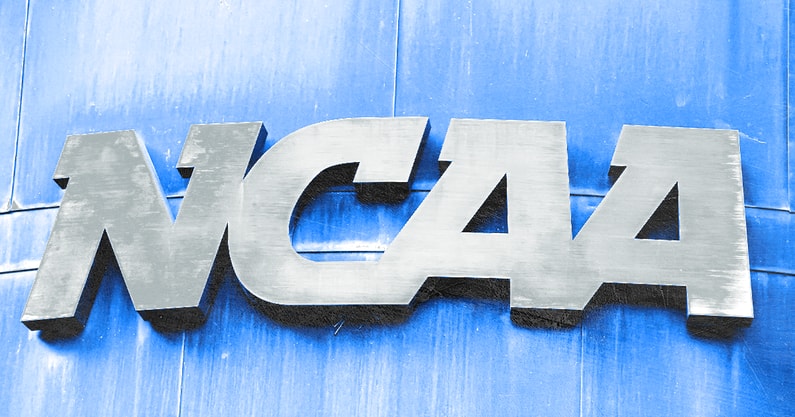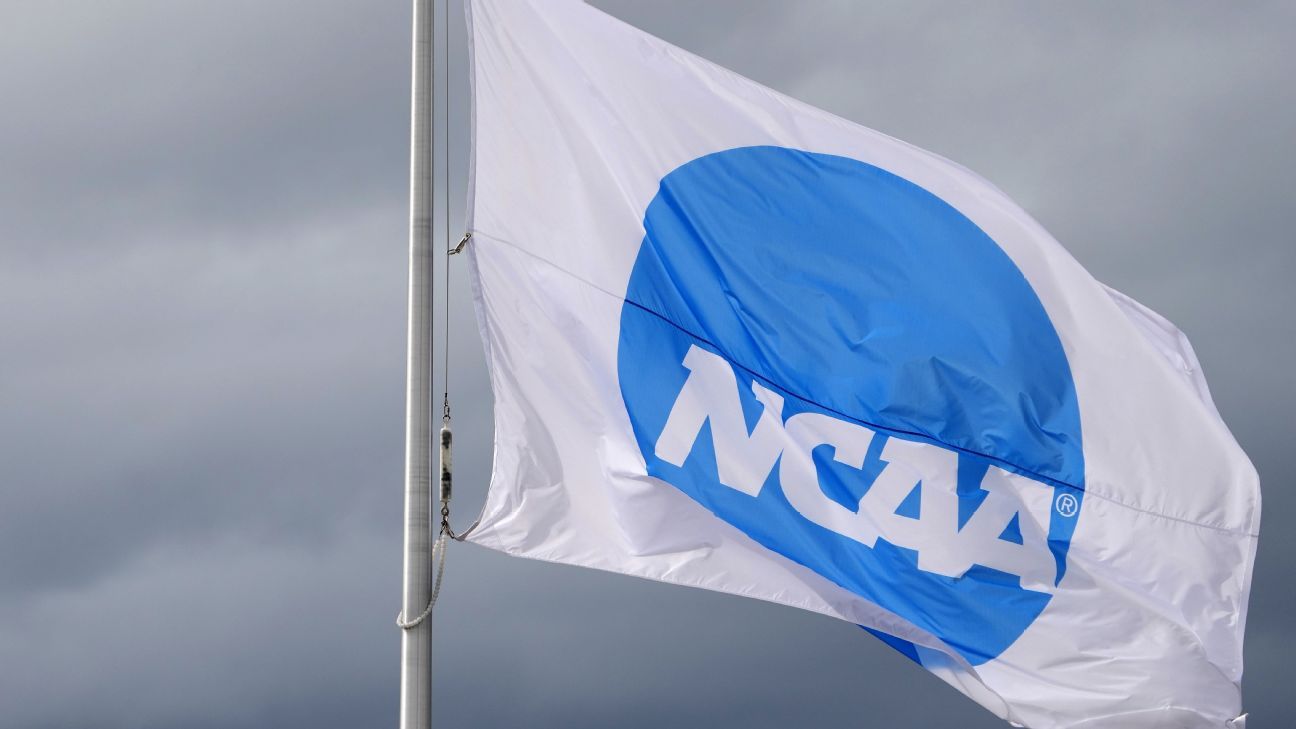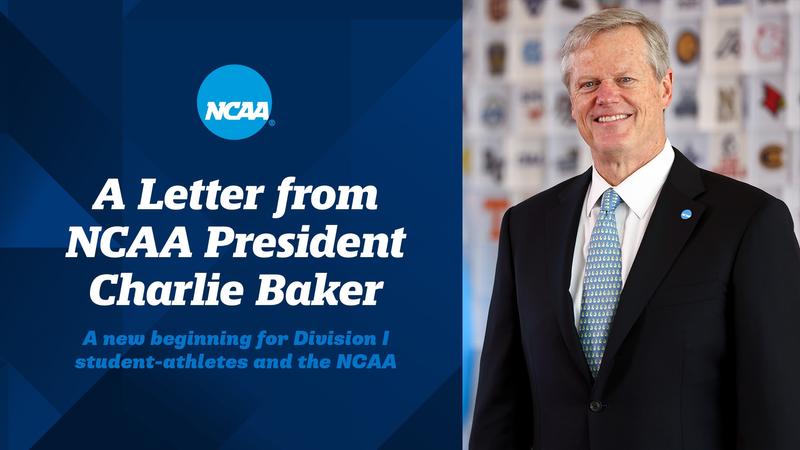I'm glad there's an enforcement arm....I guess.
Lots of questions here.
The ESPN article says that Seely was hired by the P4 conference commissioners. Does that mean he reports to them?
If so, the commissioners are supervising enforcement...which is kind of like having the foxes guarding the chicken house. Sets up all sorts of conflicts of interest and potential for mutual back-scratching. As in, I won't hit ACC school X too hard for busting the salary cap if you'll look the other way on SEC School Y's PED issue.
If Seely doesn't report to the Commissioners, who does he report to?
Who does the College Sports Commission report to?
When he was at Major Leage Baseball, Seely had the backing of a CBA and ultimately the NLRB. Not so in collegiate sports.
Do Seely and/or the CSC have subpoena power? If so, under what legal authority? If not, what's to keep miscreant schools from resurrecting the Auburn Plan for dealing with the old NCAA: lawyer up, clam up, deny, deny, deny without threat of perjury charges, challenge jurisdiction and authority to levy punishment, and wait?
What "rules" are left to violate anyway? Schools can now pay players directly. Can boosters also pay players? If they can, what's to keep boosters from effectively busting the salary cap on their own? If they can't, how do you legally enforce limitations on what someone can do with their own money?
I could think of a dozen other questions, but don't want to make this a 10,000 word essay.
Call me a crotchety curmudgeon. We'll need to see what legal authority the CSC has, its reporting structure, and what "rules" it can ostensibly enforce, before we can assess whether this is a brave new world, or just the toothless NCAA redux.

 www.on3.com
www.on3.com










